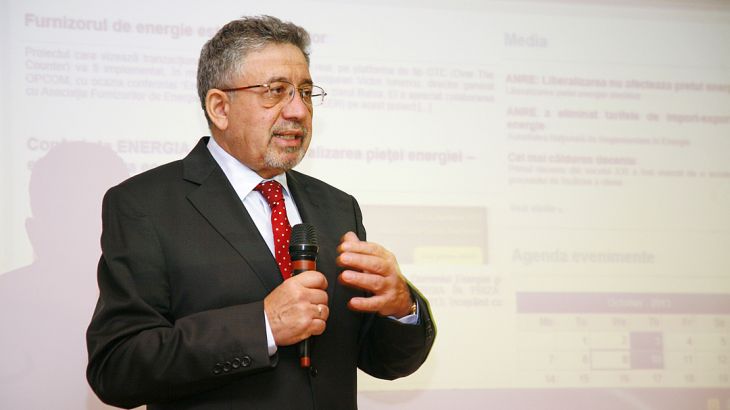###author###
Romanian Energy Suppliers Association (AFEER) requires the Energy Regulatory Authority (ANRE ) and the Department of Energy to reintroduce the possibility of concluding bilateral contracts on OPCOM market, so that suppliers and manufacturers will not be discriminated.
“Prohibiting bilateral contracts directly negotiated situated manufacturers and suppliers from Romania in a discriminatory position against other participants in the European markets. This discrimination will produce significant adverse effects given that within the European Union will become operational in 2014 the domestic electricity market,” said AFEER president, Ion Lungu.
AFEER considers that a power exchange cannot entirely replace “without negative consequences” the transactions in the wholesale market in the medium and long term by direct negotiation, according to Mediafax.
Also, massive energy trading on short-term contracts creates price distortions and will cause a decline in investment in electricity production units, according to the source.
“Developers of projects in the electricity generation sector, new entrants, cannot enter into long-term contracts with suppliers, contracts that represent guarantees demanded by banks to obtain loans necessary for the development of projects,” reads a release.
AFFER considers that the reintroduction of bilateral energy contracts will not cause “anticompetitive practice” if it is accompanied by “a professional management”.
The best known case from the perspective of bilateral contracts is the state-owned producer Hidroelectrica. The company sold directly energy through bilateral contracts to more beneficiaries, at prices below the market average, which caused it massive losses. As result of losses arising from bilateral contracts Hidroelectrica filed for insolvency in 2012.

